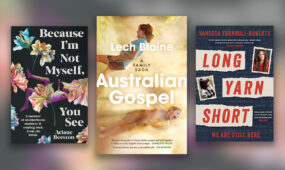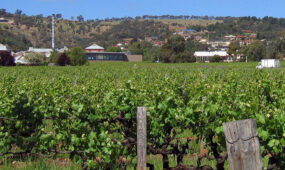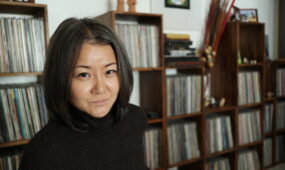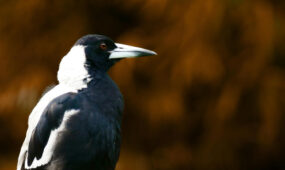No Book But the World
Books & Poetry

Ava and her younger brother Fred had a seemingly idyllic childhood, running free in the forest behind the small community where they grew up.
Their educator father Neel, founder of an alternative “free school” at Barter Woods, eschewed organised classes and instruction, believing instead that children should be allowed to explore and discover things for themselves without limits.
His hero was 18th-century philosopher Jean-Jacques Rousseau, famous for lines such as “Let there be no book but the world”, which gives this novel its title. As Ava recalls:
“Reading was not one of the things in which our parents believed. Reading, our father used to pronounce with a kind of hammy horror, is the scourge of infancy. Also: Books! What cheerless furniture! This he liked to roar in mock dismay upon coming into the room and finding us sprawled on the couch among dozens of said objects.”
The idea at the heart of American author Leah Hager Cohen’s novel seems to be another philosophy of Rousseau’s: “The blessings of liberty are worth many wounds.”
But are they?
Although there is clearly something different about Fred, perhaps a development or social disorder of some type, it has never been spoken of, evaluated or addressed, because to do so would be the antithesis of his parents’ beliefs.
Now, however, the adult Fred is in jail.
He is the prime suspect in the death of a young boy who went missing and was later found in the forest. Ava, who nurses her own insecurities and eccentricities despite forging an independent life far from Barter Hollow, is drawn to the town where the incident occurred, feeling she must somehow save her brother and prove his innocence – if, indeed, he is innocent.

Get InReview in your inbox – free each Saturday. Local arts and culture – covered.
Thanks for signing up to the InReview newsletter.
Leah Hager Cohen, author of the Orange Prize long-listed novel The Grief of Others, has created a touching story that sensitively conveys the struggles of the outsider, as well as hinting at how little we really know about those who are close to us.
The narrative – delivered initially in the first-person by Ava, and then by the other key players in the story – is absorbing. The mystery surrounding Fred’s guilt or innocence is almost a secondary concern; the most compelling elements of the tale are the characters, the moral ambiguity, and the way in which Hager Cohen draws us into this world which veers between the somewhat surreal and hyper-realistic.
At times confronting and unsettling, with a few shocks in store, No Book But the World might just make you look at the world a little differently.
Support local arts journalism
Your support will help us continue the important work of InReview in publishing free professional journalism that celebrates, interrogates and amplifies arts and culture in South Australia.
Donate Here






Comments
Show comments Hide comments